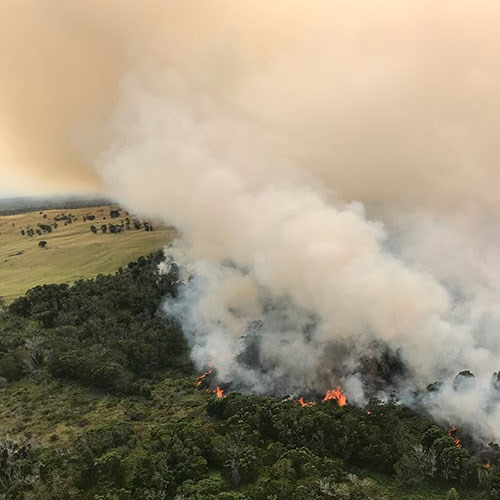This topic touches on terms that can be frustrating to differentiate. We are not attempting to split hairs or get into semantics for their sake alone. Our attempt is to think specifically about preparedness vs. readiness in order to understand the difference between action and the perception of action.
I will also say that I am not a “preparedness expert” and I know there are many ways to think about this. This is how I think about it.
Many “preppers” spend a lot of time, money, and energy on activities that make them FEEL ready instead of actually BEING ready. Feeling ready is not ready – much like feeling safe is not security.
Let’s break open a few philosophies from a simple starting place.
Do you carry health insurance or car insurance? Do you stock up on groceries when they are on sale? Do you make sure there is enough toilet paper to last more than a day?
The reasons you do those things are pretty simple – you want to be prepared in case “something” happens. Go through the above at your leisure and imagine what each “something” is.
So, it’s not a major stretch in philosophy to prepare for other things – like medical emergencies or loss of electricity for multiple days. Being prepared for those things just makes sense. Reading the news around the country (world) will often make it simple enough to decide to prepare for something(s) even bigger.
What is “being prepared” exactly?
That is the kernel we are trying to grow in this post. The first question I ask our course participants (regardless of the course they are taking) is, “What are you preparing for?”
Regardless of the answer, I always say that a critical first step is having a good first aid kit – and I mean something more than the $6 boo boo kit from the local pharmacy.
So, let’s say you make that investment and now you have the tools to stop massive hemorrhaging. Do you have the skills? What about the mindset? You are prepared, but are you ready?
Let’s think about a few other things we might “prepare” for:
- Avoiding/Mitigating personal or family harm (home, vacation, etc)
- Protection from the elements (car breaks down, on a hike, etc)
- Protection against violent encounters (robbery, rape, etc)
- Protection against financial ruin (loss of income, market crash, etc)
There are probably a dozen more we could list, but you get the idea.
What I am trying to convey is that preparedness is not enough – you need the tools; but without the skills and mindset, the tools are useless.
Some peoples’ solution is to invest heavily in “iron-clad preps” for a particular scenario. I respect those people, as they are showing commitment to protecting themselves and their families. However, many put themselves at risk of financial ruin, and impact family relationships (tribe) by a “go big or go home” approach. There are other ways – even scalable ones.
PLR vs. Preparedness
Let’s break down the post title – Personal Logistics Readiness (PLR). There is a lot to unpack in this phrase, but the moniker is applied succinctly as:
Personal – me (and, by extension, my tribe)
Logistics – having a planned, prioritized, and actively-pursued set of resources available to use
Readiness – the ability to act in a timely manner
But wait! There’s more…
Think about personal logistics. Now, separately, think of logistics readiness. What about personal readiness? Now put it all back together. Are you getting a sense that there are a lot of concepts worth exploring here?
PLR is about having accountability in place for you and yours; in addition to having the resources that you need to support the accountability, and the ability to employ them very quickly.
Preparedness to my way of thinking is just logistics. Owning a rifle, shotgun or pistol is a great way to be prepared to defend your family. Maintaining the training necessary to defend your family safely and effectively is enhancing your readiness by impacting skill and mindset. If you cannot bring yourself to pull a trigger in defense, you are not ready. If you have not been to the range in over two months, you are likely not ready. Skills are perishable.
By all means, invest in preparedness – have good preps. But your preps are only as good as your ability to employ them. If you are not training. If you are not rehearsing. If you cannot get to your resources when you need them, you are not ready.


Great read!